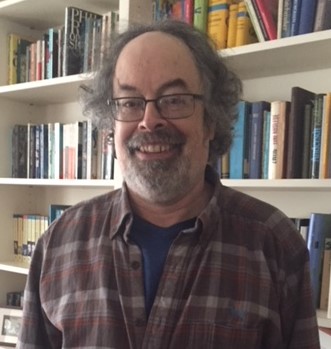Hartry Field Will Be 2018-2019 Romanell Lecturer
Hartry Field, Silver Professor of Philosophy at New York University, has been selected to give the 2018–2019 Romanell Lecture on Philosophical Naturalism at the 2019 Eastern Division meeting of the American Philosophical Association (APA) in New York City.
Professor Field is known for his work in metaphysics, philosophy of mathematics, philosophy of logic, and philosophy of science.
The Romanell Lectureship was created in 1981 and was endowed by Patrick Romanell, a philosopher who wrote, among other things, Toward a Critical Naturalism: Reflections on Contemporary American Philosophy. According to the APA, Romanell characterized “philosophical naturalism,” for the purposes of the lecture, as follows:
Typically, naturalism as a philosophy may be discussed for critical purposes from four significant angles, taken separately and/or jointly. First, as the oldest tradition in Western philosophy (from Thales to contemporary American naturalism), the topic may be treated from an historical angle. Secondly, as a particular philosophical position, it may be treated from a systematic angle, including its peculiar temper and method, its basic categories, its characteristic concepts of nature and man, and its general bearings on such areas of human interest as science, economics, politics, art, morality, religion. Thirdly, the subject may be treated from a comparative angle (e.g., naturalism and materialism, naturalism and idealism, naturalism and positivism). Fourthly and finally, the topic may be treated from an individual angle (e.g., the naturalism of Aristotle, Spinosa, John Dewey).
The philosopher selected to deliver the Romanell Lecture receives $1,200 and publication of the lecture in the Proceedings and Addresses of the American Philosophical Association.
Source: APA



I don’t think that constitutes a “characterization” of naturalism. It’s a characterization of four “significant angles” from which naturalism (whatever that is) can be investigated.